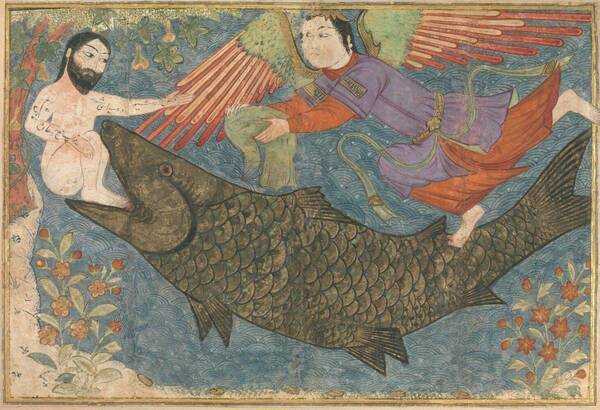The articles and essays in this reading list give a glimpse of the scholarly concerns of members of the Literatures of Annihilation, Exile, and Resistance research collective, ranging from lyric reflections on migration and dislocation, to theorizing paths forward for postcolonial settler societies.

Amir Ahmadi Arian
One Word: Avareh
The Paris Review, October 17, 2019
I have lived outside Iran, my home country, for almost a decade, and I am yet to know what to call myself.
Perin E Gürel
Not without My Daughter in Turkey: Transnational Politics of Orientalism
Diplomatic History, Volume 44, Issue 5, November 2020, pp. 729–755
A riveting narrative depicting the entrapment of an American woman and her daughter in Iran, Not without My Daughter may still be the most well-known depiction of post-revolutionary Iran in the United States. According to the 1987 book memoir and the 1991 movie by the same name, Michigan homemaker Betty Mahmoody agreed to visit Iran in 1984 for a short vacation on the assurances of her doctor husband, a native of Iran whom she had married in the United States. Once in the Islamic Republic, however, her husband forced her and their four-year-old daughter Mahtob to stay in the country. She was allowed to get a divorce and leave; however, Iranian custody laws meant she would have had to leave Mahtob behind. She refused: not without my daughter.
Alison Rice
Activistes féministes: Francophone Women Writers and International Human Rights
French Cultural Studies, Volume 31, Issue 4, October 2020, pp. 318–328
Several prominent contemporary Francophone women writers have embraced activism in compelling forms. In her written creations, Maïssa Bey from Algeria has continually called attention to the lack of women’s rights in her homeland; she has also initiated writing workshops for women to reflect and express themselves. Fatou Diome, who left Senegal for Strasbourg, has shed light in her work on racism and sexism that African immigrants often face in Europe, and she has created an association in her homeland to help individuals become financially solvent. Yanick Lahens from Haiti has similarly devoted herself to activist endeavours on her island, including co-founding a library and working with youth after the earthquake. As these authors seek to create compassion through writing, they also promote empathy through their engagement outside the text, empowering people of various backgrounds by providing them with literacy skills, business acumen, and a sense that their story matters.
Azareen Van der Vliet Oloomi
Reading is a Political Encounter: On Violence, Language, and Selective Forgetting
Literary Hub, August 3, 2021
History class, Tehran, 1994: Our teacher, a devout woman with a white diamond-shaped face framed by a black hijab, asked us to transcribe in our notebooks the heroic story of Ruholla Khomeini’s rise to power from our history textbook. Woven into the story was an invective against America, referred to as “the great Satan,” the impure empire against which Khomeini’s halo of purity shone brighter. We were instructed to copy the story five times. I refused, stating that I considered the exercise to be an act of brain washing. I have no idea to this day how I knew to call the exercise by its name. I’ve often wondered if what provoked me more than the attempt to indoctrinate us with the story of Khomeini’s heroic rise to power, a narrative sanctified through repetition, was how facile and unmasked her objective was. Easy does it, she must have thought to herself.
Ernesto Verdeja
Political Reconciliation in Postcolonial Settler Societies
International Political Science Review, Volume 38, Issue 2, 2017, pp. 227-241
This article presents a theory of reconciliation for postcolonial settler societies. It asks: what are the scope, substance and limitations of a normative theory of political reconciliation for historical wrongs in these societies? The article begins with an assessment of communitarian and agonistic theories and then outlines an alternative based on mutual respect, which includes three core elements: critical reflection, symbolic and material recognition, and political participation. The case of the United States and Native Americans is used to illustrate this alternative theory.